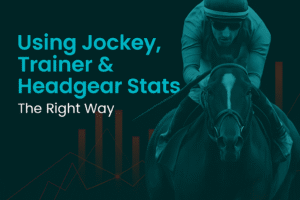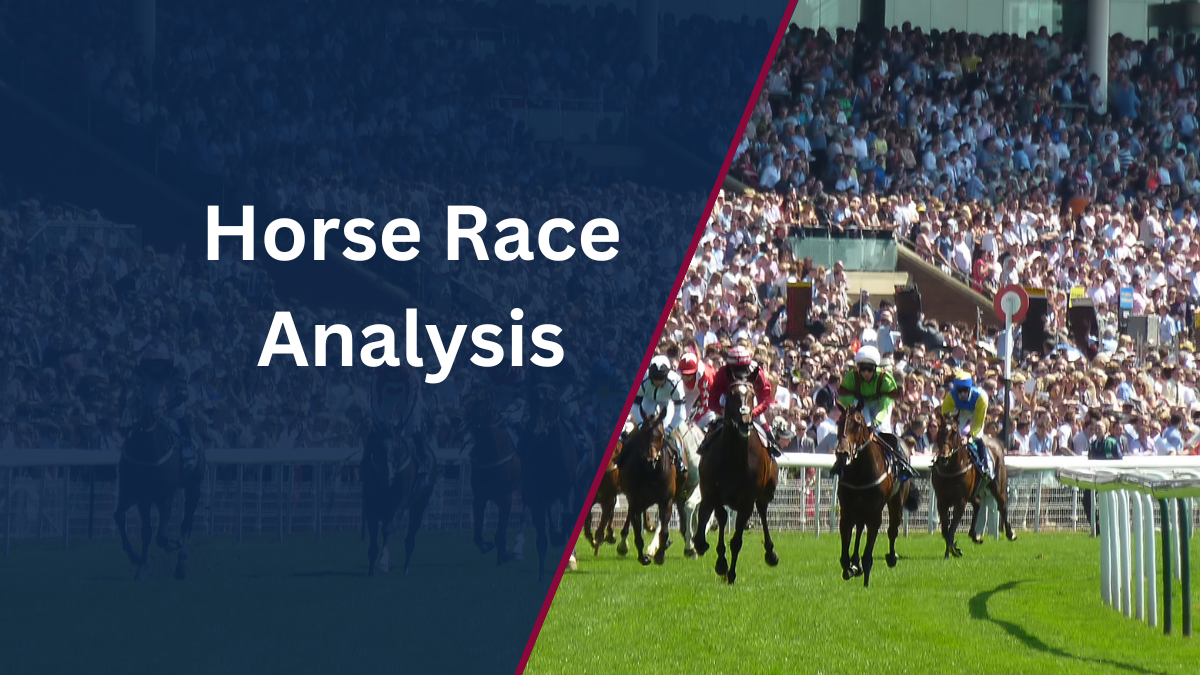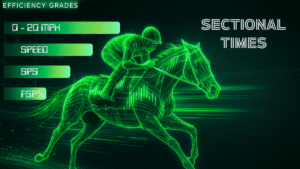Learn How to Bet on Horse Racing – From Basics to Strategy Horse Racing Knowledge Hub
Welcome to the BettingEdgeTitans Knowledge Hub — your trusted place to learn the logic behind horse racing analysis and disciplined betting. Whether you’re just starting out or refining your edge, this hub brings together everything you need to think clearly, act confidently, and bet smarter.
Learn how to analyse races using profiling, pace shape, and PR vs OR
Understand the key differences between value, hype, and real logic
Explore lay betting strategies and how to apply them consistently
Build structured horse racing systems with long-term discipline
Break free from tipster culture and think like an analyst
Read real-world examples of everything we teach — applied daily
Recent Horse Racing Articles

Horse Racing Tips Service
Horse Racing Tips Horse racing tips are one of the most in-demand resources in betting, with thousands of punters searching

Obvious Edge: Daily Short Odds Horse Racing Selections
Obvious Edge: Daily Short Odds Horse Racing Selections This is the live home for daily selections from the Obvious Edge
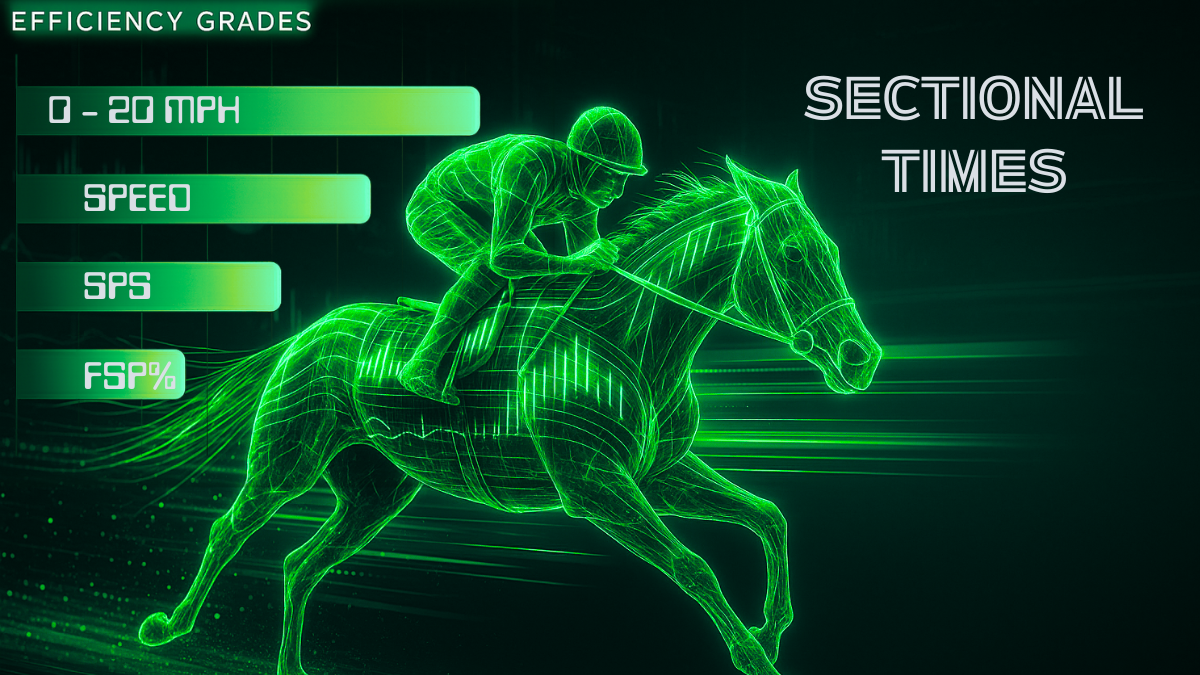
Horse Racing Sectionals: The Basic Guide to Understanding True Race Pace
Horse Racing Sectionals: The Basic Guide to Understanding True Race Pace You’ve probably looked at a race result, seen the
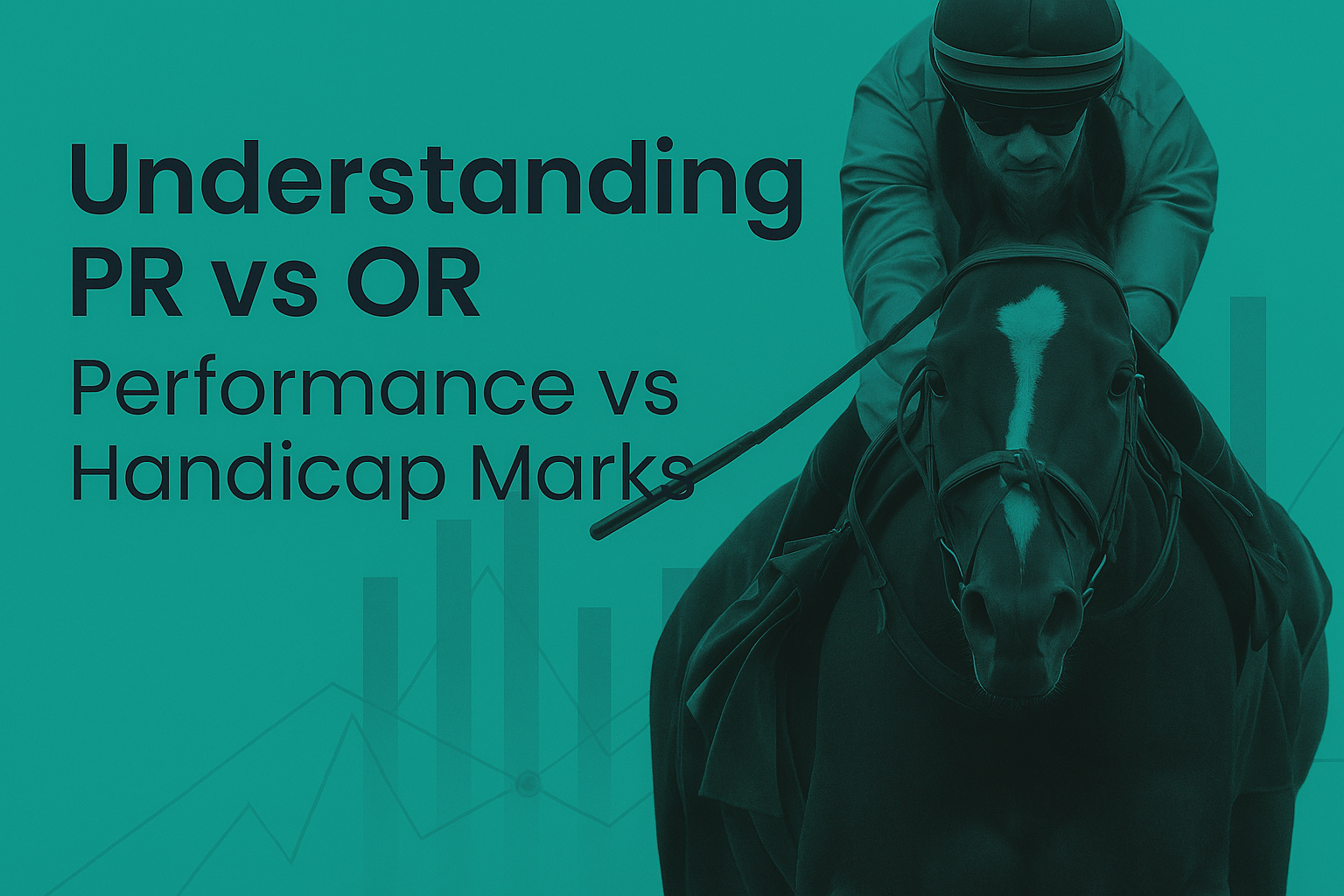
Understanding PR vs OR – Performance vs Handicap Marks
How to Spot Well-Handicapped Horses Using Predictive Ratings Spotting well-handicapped horses is the secret to finding value bets in handicap
Whether you’re brand new to horse racing betting or want to sharpen your understanding, this is where your journey starts. Our learning hub gives you a clear, structured roadmap — from the basics like racing terminology and bet types, through to advanced strategies, form reading, and logical betting approaches. Every guide is written to help you bet with clarity, confidence, and long-term purpose.
The Basics – What Every New Bettor Needs to Know
Every smart bettor starts with a strong foundation. If you’re new to horse racing, these guides will help you understand the key terms, how a racecard works, different bet types, and the building blocks of how UK racing is structured. Before you back a single horse, make sure you’re fluent in the fundamentals.
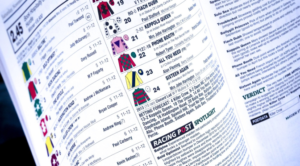
Understanding Horse Racing Form and Performance
Once you know the basics, the next step is understanding what really matters in a horse’s past performances — and what doesn’t. These guides walk you through how to read form with purpose, spot suitability, and begin to profile horses properly using logic rather than hype.
Horse Racing Betting Strategy
Horse Racing Betting Strategy: From Shortlists to Smart Staking
Knowing how to read a race is only half the battle — the rest is how you turn insight into a structured betting approach. This section covers how to build a logical shortlist, apply strategic thinking, and avoid common mistakes that cost punters long-term. Whether you’re betting win, place-only, or laying, these posts help you think and stake like a professional.
Additional Guides & Horse Racing Related Topics
Additional Guides and Topics for Serious Learners
These bonus guides explore useful concepts that don’t always fit into a linear course — but they’re still essential for bettors looking to go deeper. From building systems to filtering tipsters, these articles help you refine your mindset, improve your process, and spot traps that catch everyday punters out.
Every post on this page is designed to help you become a more disciplined, informed, and confident horse racing bettor. Whether you're new or refining your edge, the learning never stops — and neither does the value.
Subscribe To Our Newsletter


Frequently Asked Questions
Please Be Sure To Contact Us If You Have More Questions.
Do you offer tips or just analysis?
We focus on detailed, form-based race analysis. While we highlight standout contenders in each race, our goal is to show you why certain horses are better suited to the day’s conditions. That way, you’re making decisions based on logic, not just following tips.
Where can I find your daily race analysis?
You can access our up-to-date insights and breakdowns on the Today’s Horse Racing Analysis page. It’s updated every day with full race profiles, key contenders, and performance-based insights across UK and Irish meetings.
What is horse racing analysis and why does it matter?
Horse racing analysis is the process of breaking down a race by studying form, pace, handicapping trends, and suitability to today’s conditions. It helps you move beyond guesswork or following tips blindly, allowing for more informed and consistent betting decisions.
Got A Question?
Contact
info@bettingedgetitans.com









